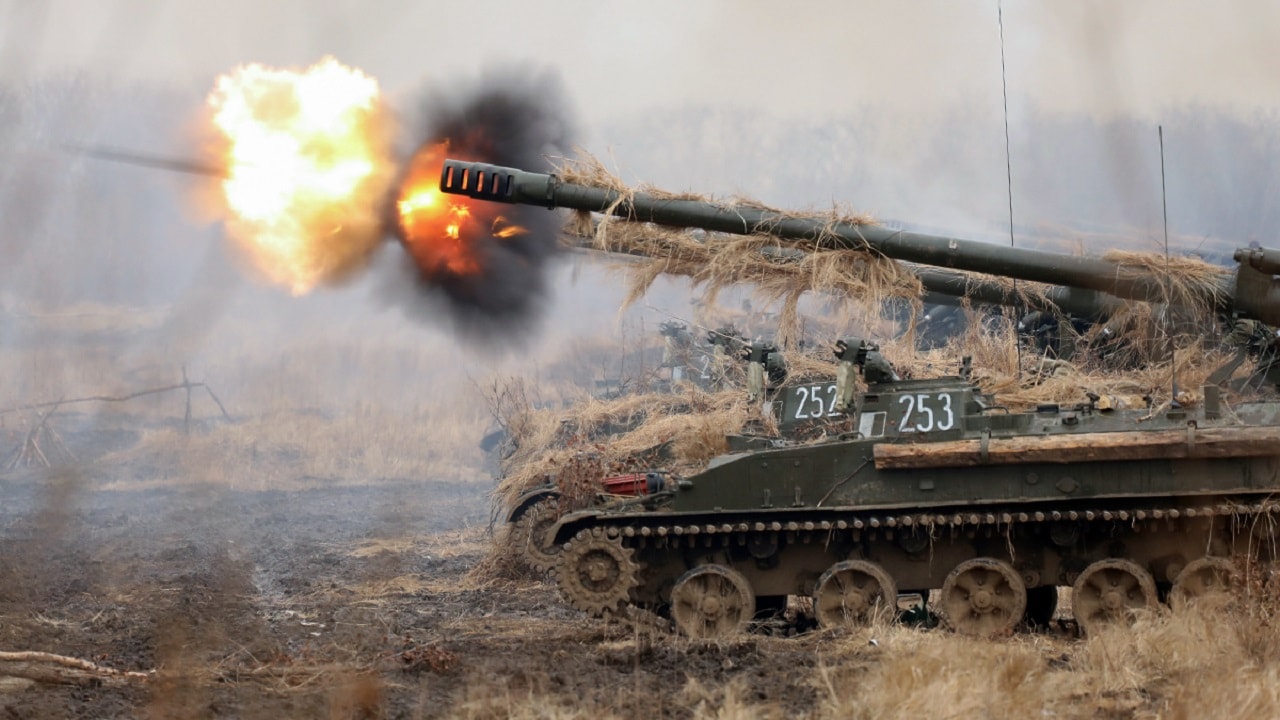The next crisis in Ukraine: Pavlo Kyrylenko, the Ukrainian Governor of Donetsk Oblast, revealed on Monday that Russian troops struck an ammonia nitrate warehouse located in Kharkiv Oblast. The Ukrainian politician said that the blast posed no threat to residents in nearby areas.
Residents in surrounding towns reported seeing a large, red column of smoke. While the explosion was large, the chemical stored inside of the warehouse is not dangerous. A cloud of dust from the explosion reached a radius of 500 meters from the center of the blast.
“This explosion does not constitute a danger. The towns and villages of Donetsk Oblast are outside the area affected by the cloud,” Kyrylenko said.
Ukrainska Pravda also reported that experts in Ukraine are presently investigating possible environmental damage done by the explosion.
What Is Ammonium Nitrate?
Ammonium nitrate is a chemical compound that consists of nitrate and ammonium ions. The chemical is widely used in the agriculture and mining industries and tens of millions of tons of the chemical are produced every year.
The chemical was once mined in deserts of Chile, but is today synthesized in factories using atmospheric nitrogen.
Locals Were Lucky
While Ukrainian officials insist that the explosion poses no threat to local residents, ammonium nitrate can be exceptionally dangerous when ignited.
In 2020, a similar blast occurred in Beirut killing at least 100 people and injuring another 4,000. Lebanese President Michael Aoun said that 2,750 tons of the industrial chemical had been stored improperly in the building where the explosion took place for six years.
When improperly stored and exposed to heat, ammonium nitrate can easily ignite and cause an explosion.
Why Destroying the Warehouse Matters
Ammonium nitrate is widely used as fertilizer in the agricultural industry. The loss of the Kharkiv warehouse means Ukraine’s farming industry could find itself short of fertilizer through the spring and summer.
Ukraine is also one of the largest exporters of wheat in the world. Its agricultural industry produces 6% of all food calories traded internationally, and millions of tons of grain are still blocked at Ukrainian ports following the outbreak of the Russian invasion.
The impact will be huge. Ukrainian President Volodymyr Zelenskyy called on Russia this month to allow the grain to leave the ports, warning of worsening global food shortages.
“And this is a blow not only to Ukraine. Without our agricultural exports, dozens of countries in different parts of the world are already on the brink of food shortages. And over time, the situation can become, frankly, frightening,” Zelenskyy warned.
Jack Buckby is a British author, counter-extremism researcher, and journalist based in New York. Reporting on the U.K., Europe, and the U.S., he works to analyze and understand left-wing and right-wing radicalization, and reports on Western governments’ approaches to the pressing issues of today. His books and research papers explore these themes and propose pragmatic solutions to our increasingly polarized society.

